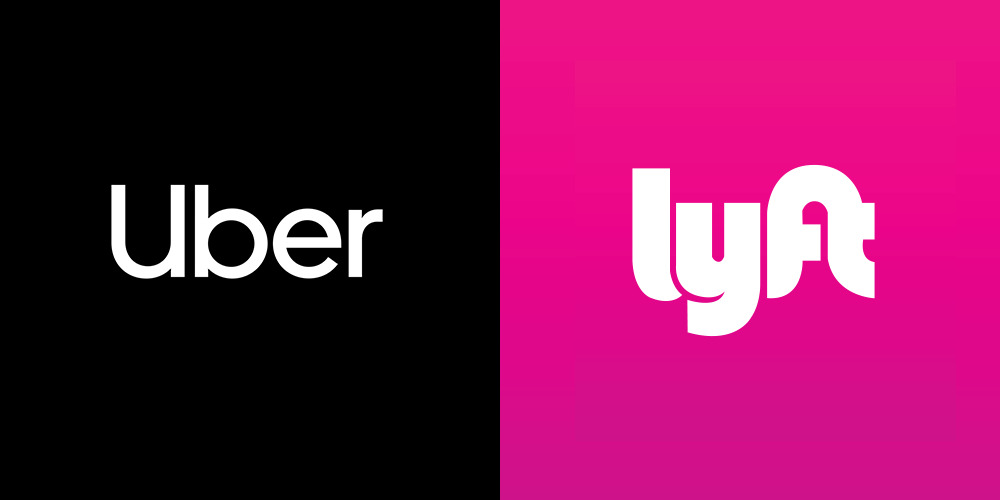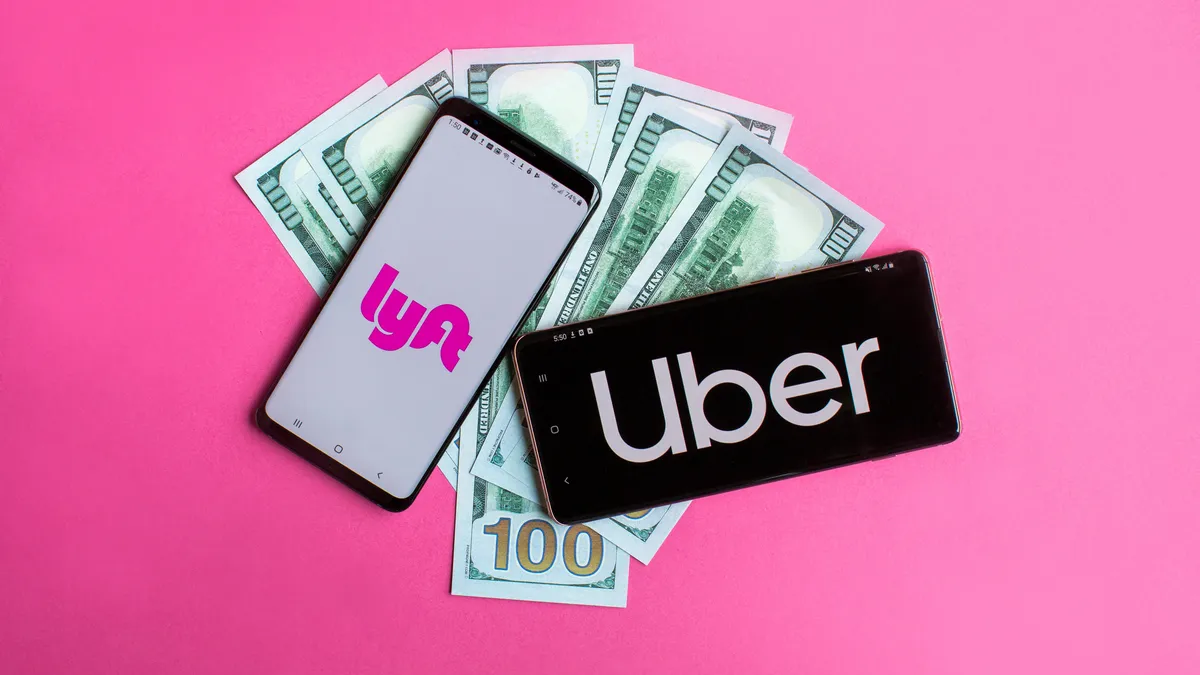The state attorney general’s office has achieved two “landmark settlements” totaling $328 million to conclude a lengthy investigation into rideshare giants Uber and Lyft.
The investigation found that these companies had deprived thousands of drivers of hundreds of millions of dollars and denied them benefits guaranteed under New York labor laws.
Details of the settlements, released early Thursday, reveal that the $328 million will be allocated to provide back pay and establish a minimum “earnings floor” for drivers.
Additionally, the funds will be used to offer drivers sick pay, earnings notices, and improved working conditions and hiring practices.
Under the terms of the settlements, Uber will contribute $290 million and Lyft $38 million into separate funds, which will be distributed to eligible current and former drivers.
The attorney general’s office announced that notifications will be sent via mail, email, and/or text messages to inform eligible drivers about how to file a claim.
“Rideshare drivers work tirelessly, day and night, to transport people wherever they need to go,” said state Attorney General Letitia James in a statement.
“For years, Uber and Lyft systematically shortchanged their drivers by withholding hundreds of millions of dollars in pay and benefits while they worked long hours under challenging conditions.”
James emphasized that the drivers, many of whom come from immigrant communities, rely on these jobs to support their families.
The investigation was initiated in response to a complaint filed in 2015 by the New York Taxi Workers Alliance with the governor’s office and the state attorney general’s office.
The years-long investigation substantiated the alliance’s claims that between 2014 and 2017, Uber improperly deducted sales taxes and “Black Car Fund” fees (which cover workers’ compensation) from drivers’ payments, fees that should have been paid by passengers, according to the attorney general’s office.
The Taxi Workers Alliance, which also filed a lawsuit against the rideshare companies, asserted that these surcharges amounted to thousands of dollars annually for many drivers, who were being unfairly deprived of their rightful earnings.
The alliance alleged that Lyft also made similar deductions, taking out two amounts from each fare that matched the tax and Black Car Fund surcharge, but misrepresented the purpose of these deductions.
The Black Car Fund, a state-created nonprofit organization, provides benefits such as workers’ compensation and health benefits to over 100,000 drivers, including those operating luxury limousines.
According to the alliance, after news reports highlighted the improper deductions by Uber and Lyft, Lyft changed its payment practices and then altered driver records to make it appear as though the company had never taken separate deductions of 8.8% and 2.5% from drivers’ pay. These “administrative charges” should have been covered by riders.
In a statement Thursday morning, Lyft denied any wrongdoing.
“We believe that Lyft has always properly classified drivers as independent contractors and that the fees it charged drivers between 2015 and 2017 were in compliance with applicable laws,” the statement reads.

“It’s also important to note that the concerns raised by the New York attorney general’s office regarding the Black Car Fund and sales tax pertain only to the 2015-2017 period.
Lyft revised its practices in 2017, and our current practices were not at issue in this matter.”
Freddi Goldstein, a spokesperson for Uber, similarly stated that the company denies any wrongdoing.
“The pay standard applies specifically to the time when a driver has accepted a trip and is en route to pick up a passenger or has a passenger in the vehicle,” Goldstein said.
“The attorney general recognized that in order to maintain the flexibility that drivers said was critical, it was necessary to preserve the open platform model, which means that pay must be limited to time spent working, not just having the app running in the background.”
The attorney general’s office also revealed that Uber misrepresented the deductions from drivers’ pay in its terms of service, leading drivers to believe they could charge passengers for tolls, taxes, or fees, although the Uber Driver app provided no method for doing so.
The settlement also includes the establishment of an “earnings floor” that will guarantee drivers a minimum rate from the moment they are dispatched until they complete a ride.
Drivers outside New York City will receive a minimum of $26 per hour, adjusted annually for inflation, marking the first time these drivers are guaranteed a minimum wage.
Drivers in New York City have already been receiving this minimum pay under Taxi & Limousine Commission regulations implemented in 2019.
Additionally, Uber and Lyft drivers will earn one hour of sick pay for every 30 hours worked, up to a maximum of 56 hours per year.
Drivers will be able to request sick leave through the apps, and in New York City, they will be compensated at $17 per hour during sick leave.
New requirements for hiring notices include providing accurate explanations of earnings to drivers and detailed income statements for each pay period. The companies will also notify drivers after each ride of the amount paid by the rider.
Other provisions of the settlement include in-app chat support for drivers in multiple languages and the ability for drivers to appeal deactivations from the rideshare platforms.
The attorney general’s office estimates that more than 100,000 drivers across New York will be eligible to receive settlement funds and benefit from the new conditions outlined in the agreements.
“This settlement ensures that these drivers will finally receive what they rightfully earned and are owed under the law,” James stated.
“My office will continue to ensure that companies in the so-called ‘gig economy’ do not deny workers their rights or undermine the laws designed to protect them.”







Leave a Reply